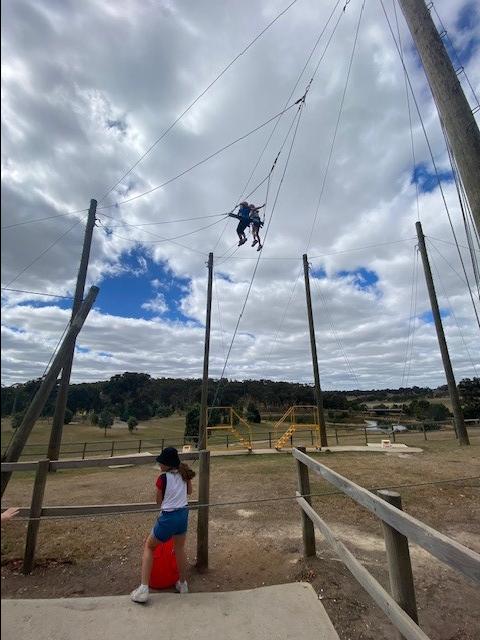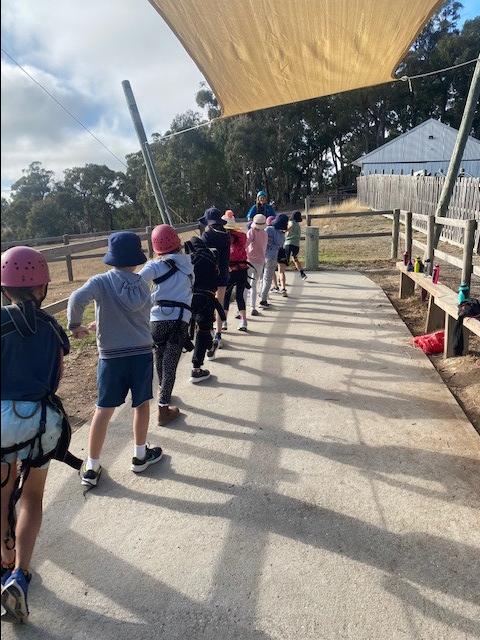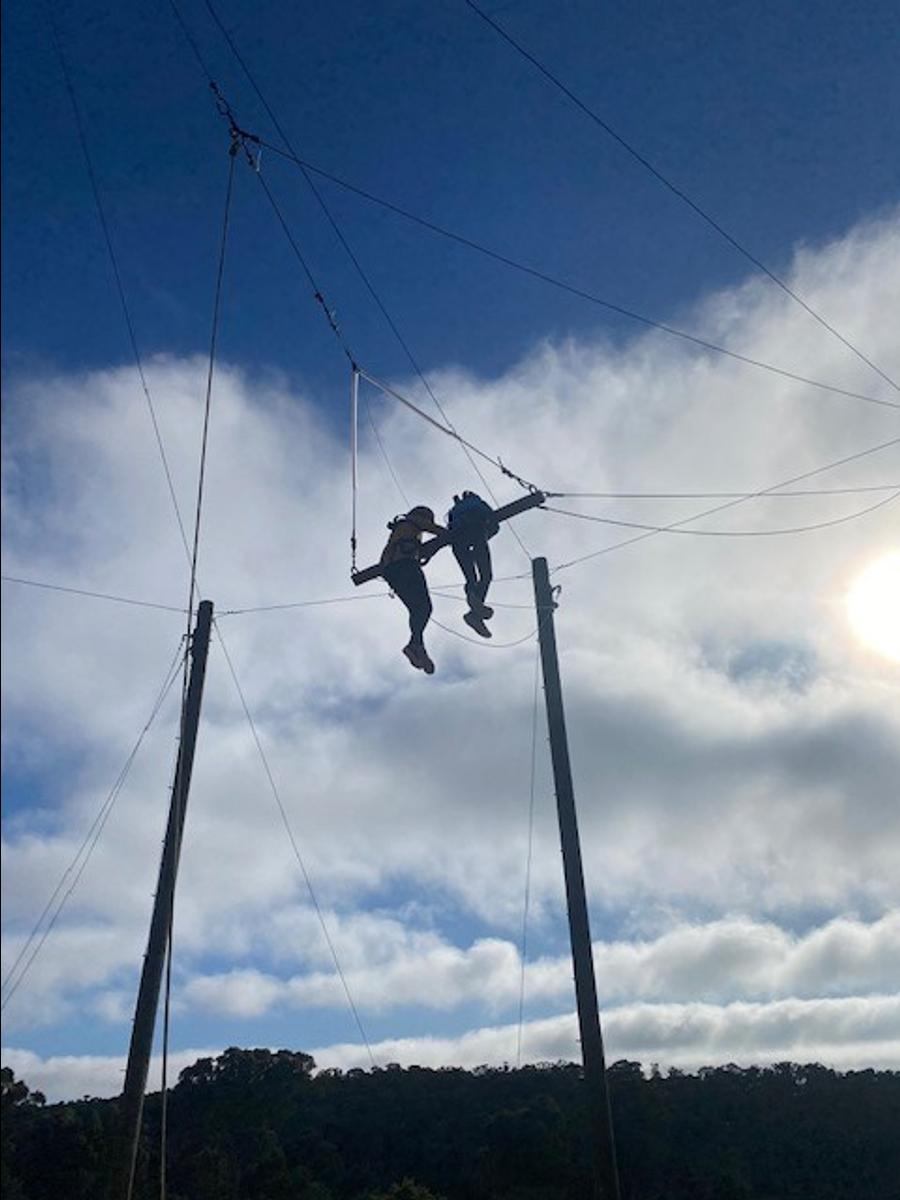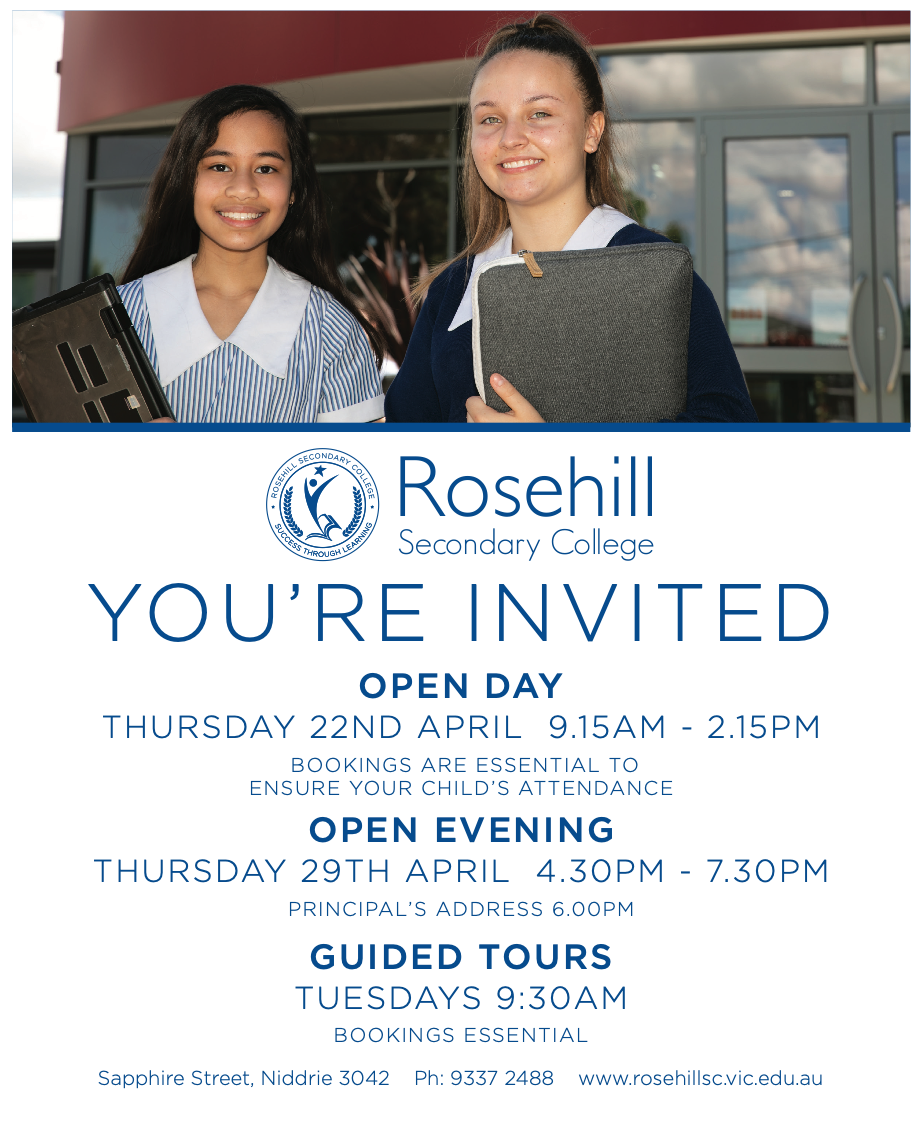Education News
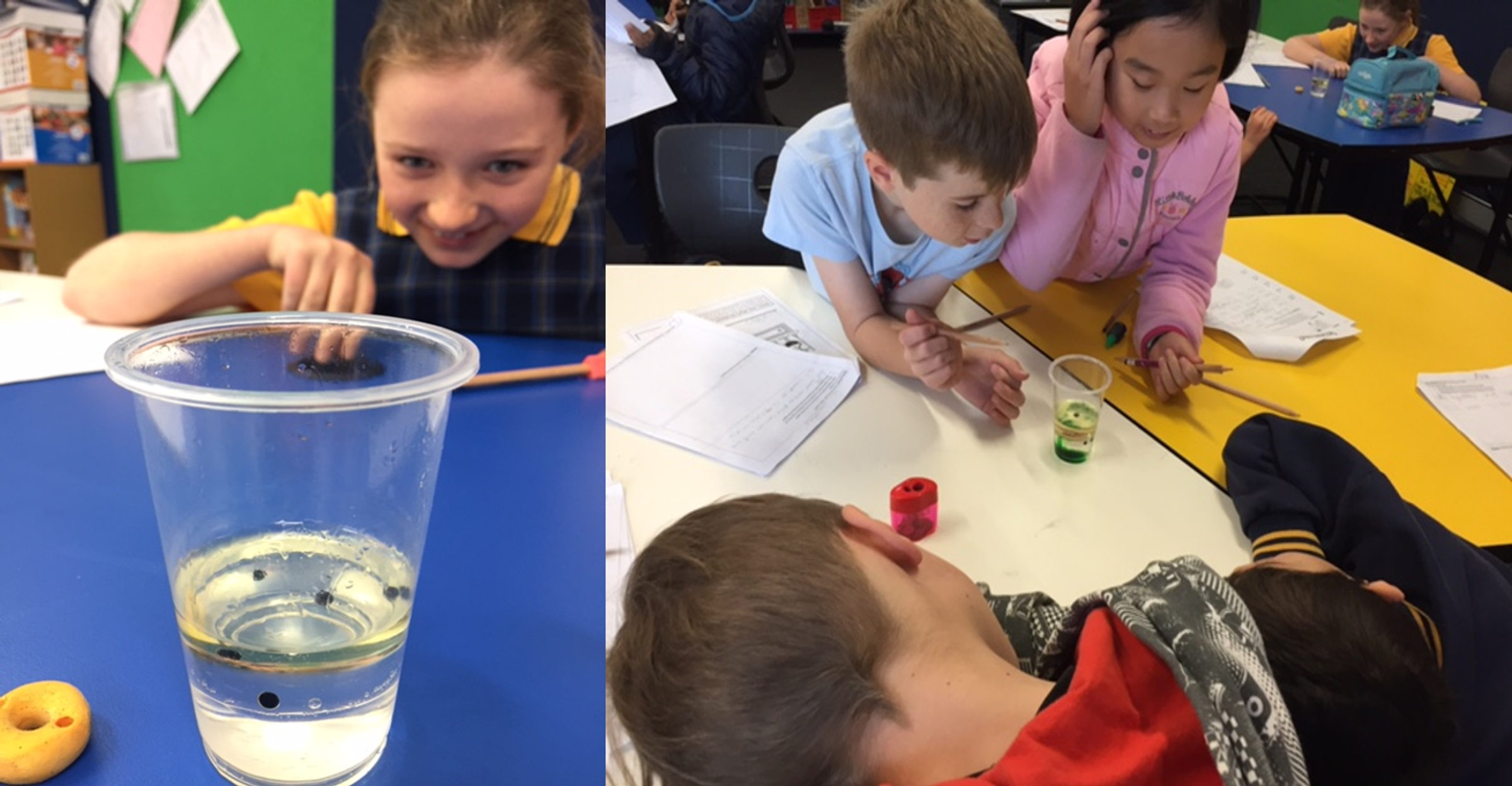
News from 3/4 Camp
Day 2 at camp and the students are having the time of their lives!
Raft building, Archery, climbing a pole called the Centipede challenge are just some of the fun activities today!
We have also seen wallabies, lizards and are avoiding bull ants!
Last night even the fussiest eaters had a go at dinner after an exciting day and baked potatoes at lunch today were a hit.
More to come in a Compass post!
Staff on Camp
School Photos 2021
Annual school photos including sibling photos will be taken at Moonee Ponds West Primary School by Arthur Reed Photos on Wednesday 24th March, 2021.
There is no need to return any forms or money to school.
Unique image codes will be issued to all students on/after photo day so families can register online to view images when they become available in the webshop.
Registration is simple, just follow the 3 simple steps on your child’s personalised flyer once you receive it and remember to add the codes for all your children attending this school.
Even if you registered last year, it’s important that you do again this year using your child’s 2021 image code to link their images for the current year with your contact details.
When images are ready to view and in the webshop, all parents who have registered will be notified by SMS and email.
Once registered, please wait for notification that 2021 images are online to view before making your purchase.
Early Reading
As we said previously, we would like to include the various stages of Reading Development. It is important to understand that children do not move from one point to the next, and spend different amounts of time in the various developmental stages. Our role is to provide support and guidance to children at their own stage of development.
The stages of Reading Development children move through are; Role Play Reading, Experimental Reading, Early Reading, Transitional Reading, Proficient Reading and Accomplished Reading.
In this phase readers may read slowly and deliberately as they focus on reading exactly what is on the page. As they further develop their awareness that print stays the same, more attention is paid to letters and sounds. Readers in this developmental stage of reading may begin to reflect on their own reading strategies, e.g. ‘If it doesn’t sound right, I try again.’
Behaviours you may see include when your child…
- is beginning to read familiar texts confidently.
- talks about characters in books using picture clues, personal experience and the text to make inferences.
- provides detail about characters, setting and events when retelling a story.
- may read word-by-word or line-by-line when reading an unfamiliar text, i.e. reading becomes word centred and fluency and expression become stilted your child focuses on decoding each word.
- uses picture cues and their knowledge of the context to check their understanding of the meaning.
- Is beginning to self-correct to keep the meaning.
- May re-read a word, sentence, paragraph to maintain the meaning of the text that may have been lost due to word-by-word reading.
- shows a growing understanding of the strategies they use as part of the reading process, e.g. “I slowed down when I came to a hard word.”
- recognises a bank of frequently used words in different contexts, e.g. high frequency words, personally significant words.
- recognises all letters by name and their regular sound.
- recognises that one letter can represent different sounds, e.g. an, Amy, was.
What parents can do at home to support their child:
- Continue to have children’s books as a high priority in your home. Ask for books to be given to your child as presents, give them to others as gifts. Have a library membership. Keep promoting the love of reading.
- Continue to read to your child, read with your child and listen to reading by your child. Remember to encourage and allow your child to select the text. Put aside a book if your child has lost interest and choose another.
- Continue to support the reading of a familiar book. Remember, familiarity helps build self-confidence and fluency.
- Give encouragement and praise whenever your child chooses to read.
- Ensure your child sees other members of the family reading, and talking about their reading.
- Talk about characters, people, settings, plots and events in texts.
- Encourage your child to try different ways to work out a word they don’t know:
- predicting using the clues in the text
- breaking the word into known parts e.g. d/own, gr/ou/nd then re-reading the sentence.
- skipping the word and reading on to the end of the sentence then going back to the unknown word to look closer at the letters in the unknown words and use the meaning
- re-reading the sentence - Encourage your child to talk about how the meaning of an unknown word was worked out or could be worked out.
- Sometimes stop and ask “What do you think will happen next? What makes you think that?”
- Occasionally ask some ‘why’ questions about the story, e.g. “Why do you think the author put that part in the story?”
- Answer your child’s questions even if it interrupts the flow of the story.
- Talk about the illustrations to see if they match what is in your child’s mind or your mind.
6-7 Year Transition
Wednesday 21st April
The Mount Alexander College Open Day includes tours during the day with students and an evening information session. Due to COVID restrictions, our numbers will be capped to ensure social distancing is possible.
The day sessions will begin with an address from Principal Ms Dani Angelico and student leaders followed by a student-led tour of the school. You will be able to see classes in action and there will be plenty of opportunities to ask questions on the tour. Please only book ONE of the day tours: Morning Tour or Afternoon Tour.
In the evening there will be a Welcome Address, Q&A panels with students and staff followed by a tour of the key learning areas of the school where you will be able to talk to teaching staff. The evening session is broken into six (6) sections to enable us to comply with COVID restrictions. Each section will meet in different parts of the school to ensure social distancing is possible.
You may book a day tour in addition to an evening session.; however, you are only able to book for one session per booking. If you do wish to attend a day tour in addition to the evening session, you will need to complete one booking, then go back in to create the other booking.
Please note:
- only book for up to two parents or carers and the child/ren who is/are considering enrolling in the school
- only book for one of the day tours.
BOOKING:
https://compasstix.com/event/cf70ccbd-e468-46a8-94b0-329b44d6adae



